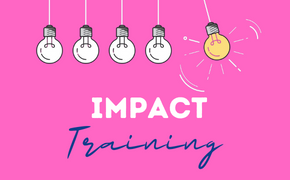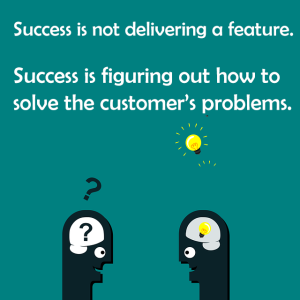One of my coaching clients had a penchant for ‘turning over rocks’ and solving what-ever he found beneath. It meant that he was incredibly busy, and lots of people were grateful to him for fixing up their issues, but he failed to drive a reputation as a great problem solver. Instead he developed a lesser reputation, as more of a ‘fixer-upper’.
The irony was that he was exceptional at problem-solving.
His weakness was choosing the right problem to solve.
And he’s not alone. It’s a classic ‘pick your battles’ moment that many leaders get wrong.
What kinds of problems are not worth solving?
- Distractions – problems that are not impactful to your goal are distractions. They may be a problem, but they are not your problem, or at least not right now.
- Immovable objects – problems that are impactful to your goal, but can’t be solved in your timeline. These are the items that we work around – we can’t waste time or energy trying to solve them. Even the mightiest rivers work around a rock or two.
- Good from afar, but far from good – problems that look relevant but actually aren’t, or appear to have a high impact on your goal but actually don’t because we made assumptions on face value.
- Duplicated effort – problems that someone else is already working on. One of the most frequent irritants in large and complex organisations is a duplication of effort.
What can we do about it?
- We jump to conclusions, make assumptions and therefore miss important data points. That’s why we have to be specific about our language, metrics and meanings. If it’s subjective, ambiguous or assumed, it’s likely to derail you later on and waste all that thinking time. Get obsessed with language.
- We fail to consult widely enough. This means we’re likely to solve our problem but we might create another one for someone else. It also means that we miss opportunities to leverage and partner, and waste valuable resources going over old ground instead of dividing and conquering. Broad consultation may feel like a time-suck but it’s actually a strategic investment in efficiency.
- We expect an easy answer, our minds are wired to search for clear causality, so we often look only for a single root cause or problem statement. As anyone who handles wicked or complex problems will tell you, there are often many root causes, and they themselves may have many root causes. Which in fact means there may not be a root cause at all. Most truly complex issues have a multitude of contributing causes. Our job is to prioritise which ones will have the biggest impact and in what order we should tackle them.
Picking the right problems to solve is one of the key factors to successfully levelling up your leadership.
If you’re an HR or Talent manager looking to step up how you problem solve and prioritise, then the Level Up mentoring program might be for you.
Why not join us at our next free round table to meet some industry peers and find out more?














